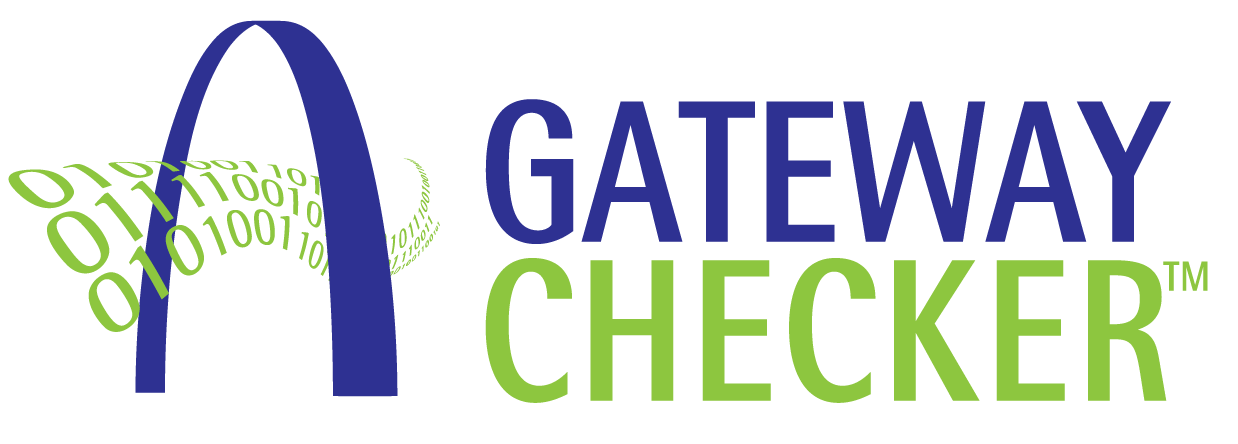Lexington, MA, August 28, 2023 – Gateway Checker, the industry’s leading GS1-certified conformance testing service, today announced the introduction of the Gateway Certification program. A “Gateway CertifiedTM” drug transaction report enables organizations to be confident that they are compliant, interoperable, and fully conform to industry and regulatory requirements.
In November, all pharmaceutical trading partners will need to be compliant with DSCSA. Compliance requires electronic tracing of item-level product through interoperable systems. Although trading partners may be able to exchange records, there is no way to know if these transaction records are accurate, compliant, and interoperable, until problems emerge. Proactive identification of conformance issues minimizes surprises and time-consuming, costly exception handling, rework, and reverse logistics that can disrupt safe and secure access to essential medicines.
The Gateway Certification program leverages Gateway Checker’s TraceReady application for drug transaction quality assurance. Transaction records that pass TraceReady’s rigorous conformance testing requirements are eligible to be Gateway Certified. The Gateway Certified seal of approval means all trading partners can be confident in the data’s quality, ensuring integrity across the entire supply chain.
“Today most trading partners are operating in the dark when it comes to DSCSA record conformance. Problems are discovered too late and can be very costly and time-consuming,” commented Gary Lerner, CEO of Gateway Checker. “The only way to know is to test. Gateway Checker’s fact-based approach to testing and certification allows users to quickly understand and address areas of non-conformance and dramatically improve supply chain efficiency.”
“As a distributor, we literally have to connect with 100,000 customers using varied DSCSA solutions. It is not efficient or effective for us to negotiate the file transmission and completeness with every single one of those connections,” emphasized Scott Mooney, Vice President Distribution Operations at McKesson Corporation. “For that reason, we are firmly committed to following the GS1 DSCSA implementation guide and Gateway Checker is the best tool for us to be able to validate that our EPCIS files are conformant. Having our transactions Gateway Certified puts us in an affirmative position and significantly minimizes conflicts when we start sending data to our customers who may claim that our files are in error.”
Certification is available for manufacturers, distributors, wholesalers, and solution providers. Gateway Checker also offers Gateway Certification for validation of VRS product verification systems. To learn more about Gateway Checker and the Gateway Certified Program, please visit GatewayChecker.com.
Gateway Checker will be at the HDA 2023 Traceability Seminar, Washington DC, Aug 29-31, 2023.
Media Contact: Gary Lerner, glerner@nullgatewaychecker.com, 781-254-9987
About Gateway Checker
Gateway Checker™ is a Software as a Service platform that facilitates product traceability, DSCSA compliance, and unambiguously verifies the interoperability readiness of serialized pharmaceutical transaction records. Drug manufacturers, repackagers, and distributors can quickly and continuously test, validate, and certify adherence to GS1 US Rx EPCIS and VRS product verification application standards. Gateway Checker is certified by the GS1 US RX EPCIS Testing Service Certification Program and is owned and operated by the Gateway Checker Corporation, a wholly-owned subsidiary of BrandSure, LLC.


